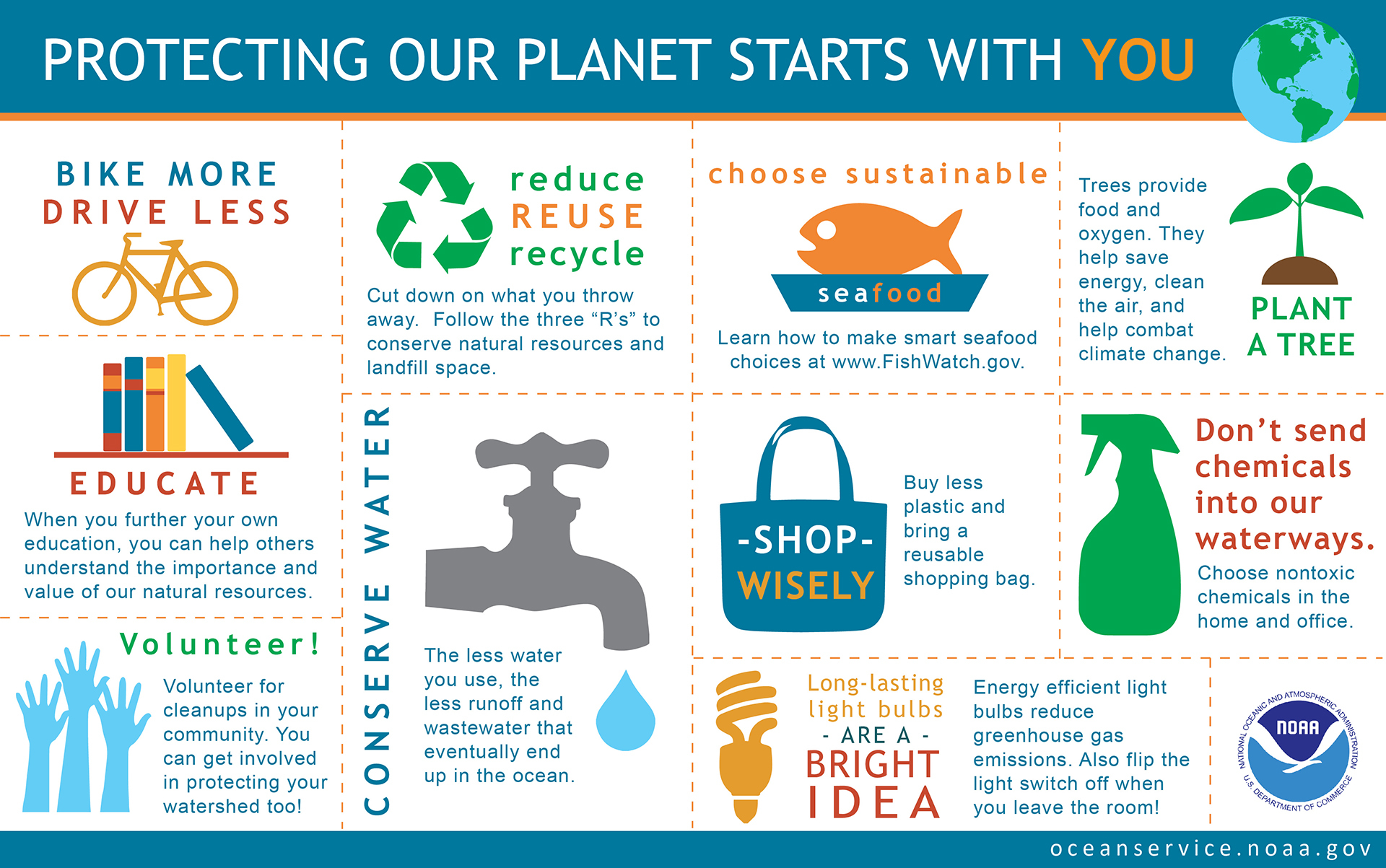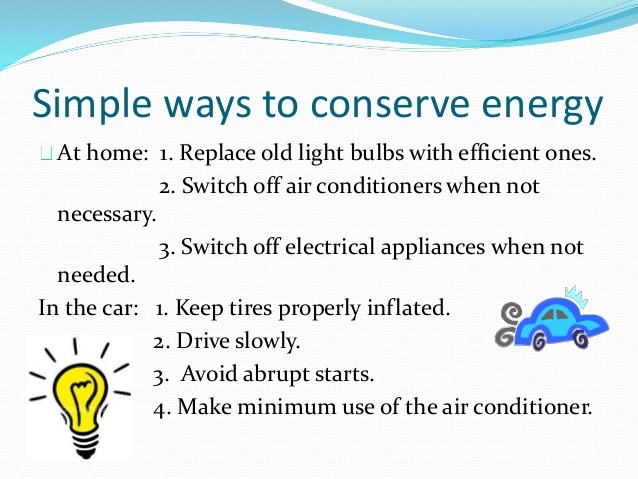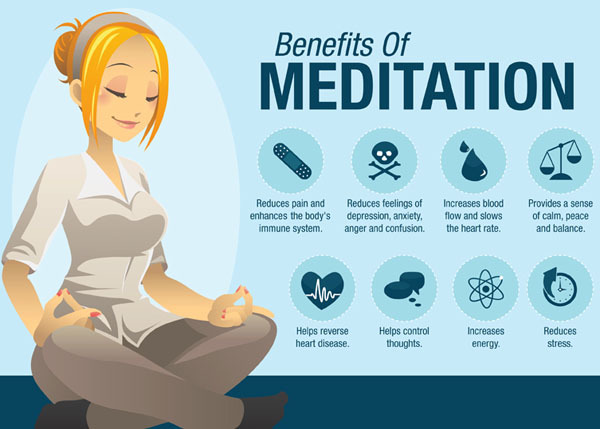Anjinsen Valamootoo
""Sooner or later, we will have to recognise that the Earth has rights, too, to live without pollution. What mankind must know is that human beings cannot live without Mother Earth, but the planet can live without humans"."
POINTS TOTAL
- 0 TODAY
- 0 THIS WEEK
- 871 TOTAL
participant impact
-
UP TO1,320minutesbeing mindful
-
UP TO2,640minutesnot spent in front of a screen
Anjinsen's actions
Water
Insulate Water Pipes and Water Heater
I will avoid wasting water while waiting for the shower or sink to heat up.
Health
Go get a check up
I will make an appointment for my annual physical.
Food
Plant an Herb Garden
I will plant an herb garden in my home, workplace, or dorm room.
Waste
Go Paperless
I will reduce the amount of paper mail that I receive by opting into paperless billing and ending unwanted subscriptions.
Simplicity
Needs Vs. Wants
I will adopt a "Needs Vs. Wants" approach and only buy things I need.
Simplicity
Meditate
I will meditate or create a moment of silence for 15 minute(s) each day to reflect on things important to me.
Simplicity
Less Screen Time
I will replace 60 minute(s) of screen time each day with other activities.
Simplicity
Eat Mindfully
I will eat all of my meals without distractions, e.g., phone, computer, TV, or newspaper.
Simplicity
Disconnect from Email
I will disconnect from my email when not working or studying.
Participant Feed
Reflection, encouragement, and relationship building are all important aspects of getting a new habit to stick.
Share thoughts, encourage others, and reinforce positive new habits on the Feed.
To get started, share “your why.” Why did you join the challenge and choose the actions you did?
-
 Anjinsen Valamootoo 10/24/2018 12:29 AM
Anjinsen Valamootoo 10/24/2018 12:29 AM -
 Anjinsen Valamootoo 10/24/2018 12:23 AM
Anjinsen Valamootoo 10/24/2018 12:23 AM -
 Anjinsen Valamootoo 10/24/2018 12:23 AM
Anjinsen Valamootoo 10/24/2018 12:23 AM -
 Anjinsen Valamootoo 10/22/2018 10:02 PM
Anjinsen Valamootoo 10/22/2018 10:02 PM -
 Anjinsen Valamootoo 10/22/2018 10:01 PM
Anjinsen Valamootoo 10/22/2018 10:01 PM -
 Anjinsen Valamootoo 10/22/2018 7:18 AM
Anjinsen Valamootoo 10/22/2018 7:18 AM -
 Anjinsen Valamootoo 10/22/2018 7:14 AMAvoiding an Electronic Childhood: Six Tips for Replacing Screen Time with “Unplugged” Play· Babies don’t learn to talk by watching TV. Studies show that babies acquire language by interacting with real, live people. When television becomes a substitute for real-world conversations, children develop weaker verbal skills.· Screen time poses a special threat to sleep. Electronic screens emit a type of light that tells the brain to delay the release of melatonin, the hormone that makes us feel drowsy at night. As a result, kids who use technology before bedtime may have more trouble falling asleep–and be more likely to suffer from sleep-related behavior problems.· Background TV can interfere with a child’s ability to concentrate and communicate. Experiments suggest that toddlers have more trouble focusing on tasks when a TV is playing in the background – even if they don’t appear to be watching the show. In addition, background TV reduces the quantity and quality of family social interactions.· Electronic entertainment may crowd out creative play. In one recent study, researchers analyzed children’s everyday schedules, and noticed a link between screen time and the neglect of play. For every hour of TV watched each week, kids experienced a 10% reduction in creative activities, like make-believe, arts and crafts, and playing with non-electronic toys.So an electronic childhood might contribute to sleep problems and cheat kids of important developmental experiences. That’s why pediatricians urge us to replace screen time with real-world social experiences and lots of “unplugged” play. But how do we make it work? Here are some evidence-based tips.
Anjinsen Valamootoo 10/22/2018 7:14 AMAvoiding an Electronic Childhood: Six Tips for Replacing Screen Time with “Unplugged” Play· Babies don’t learn to talk by watching TV. Studies show that babies acquire language by interacting with real, live people. When television becomes a substitute for real-world conversations, children develop weaker verbal skills.· Screen time poses a special threat to sleep. Electronic screens emit a type of light that tells the brain to delay the release of melatonin, the hormone that makes us feel drowsy at night. As a result, kids who use technology before bedtime may have more trouble falling asleep–and be more likely to suffer from sleep-related behavior problems.· Background TV can interfere with a child’s ability to concentrate and communicate. Experiments suggest that toddlers have more trouble focusing on tasks when a TV is playing in the background – even if they don’t appear to be watching the show. In addition, background TV reduces the quantity and quality of family social interactions.· Electronic entertainment may crowd out creative play. In one recent study, researchers analyzed children’s everyday schedules, and noticed a link between screen time and the neglect of play. For every hour of TV watched each week, kids experienced a 10% reduction in creative activities, like make-believe, arts and crafts, and playing with non-electronic toys.So an electronic childhood might contribute to sleep problems and cheat kids of important developmental experiences. That’s why pediatricians urge us to replace screen time with real-world social experiences and lots of “unplugged” play. But how do we make it work? Here are some evidence-based tips.
1. Choose toys that allow for kids to create their own fun.
Building blocks, preschool craft supplies, and dress-up props are good examples: They keep kids busy, inspire creativity, and encourage children to engage in mind-expanding, make-believe play.
2. Take advantage of your child’s “me too” attitude.
Experiments reveal that young children are eager to lend a helping hand, and kids are naturally inclined to mimic the things they see us do. It’s how they learn. So when you’ve got chores to do, offer toddlers opportunities to participate in the hustle and bustle. Let them try their hands at watering the grass, dusting the furniture, or “cooking” with a few pots and pans on the floor. Sorting the socks might engage them as much as any store-bought game!
3. Use storytelling to spark ideas for pretend play.
Reading at bedtime is nice, but consider taking a few minutes to share stories during the daytime too. Studies suggest that tales of adventure and fantasy can have immediate, positive effects on kids – boosting their creativity and inspiring make-believe.
4. Get on the floor and play with your child … but don’t be bossy.
Kids can learn a lot when we play with them, but it depends on the approach we take. If we act bossy or controlling (“Don’t let the cows enter the barn through the window–they have to go through the door…”) we’re likely to turn kids off and make it harder for them to develop the skills they need to entertain themselves.
5. Physically inactive? Don’t blame electronics. Instead, fight for your child’s right to play outdoors.
You might think that your child’s inactivity is caused by the lure of electronics, but research suggests it’s partly the other way around: Our kids become couch potatoes because they lack opportunities to go outside. So take a hard look at what’s keeping your child indoors, and seek out solutions. Worried about traffic or crime? Look for safe local parks and playgrounds, and meet-ups with other concerned families. Deterred by the weather? Dress kids for the elements, lather on the sunscreen, and let them get a little wet.
6. Keep television and other electronic entertainments off your child’s radar.
As noted above, background TV is distracting, and the mere presence of a device can invite temptation. Moreover, studies show that kids with electronic media in their bedrooms tend to rack up more screen time and get less sleep at night. So turn off the TV when nobody is watching, and keep devices out of sight or hidden away. The less kids are reminded of electronic devices, the less they’ll want to use them.
Source: http://www.urbanchildinstitute.org/articles/features/avoiding-an-electronic-childhood-six-tips-for-replacing-screen-time-with- -
 Anjinsen Valamootoo 10/21/2018 9:53 AM
Anjinsen Valamootoo 10/21/2018 9:53 AM -
 Anjinsen Valamootoo 10/20/2018 5:28 AM
Anjinsen Valamootoo 10/20/2018 5:28 AM -
 Anjinsen Valamootoo 10/20/2018 5:28 AM
Anjinsen Valamootoo 10/20/2018 5:28 AM








